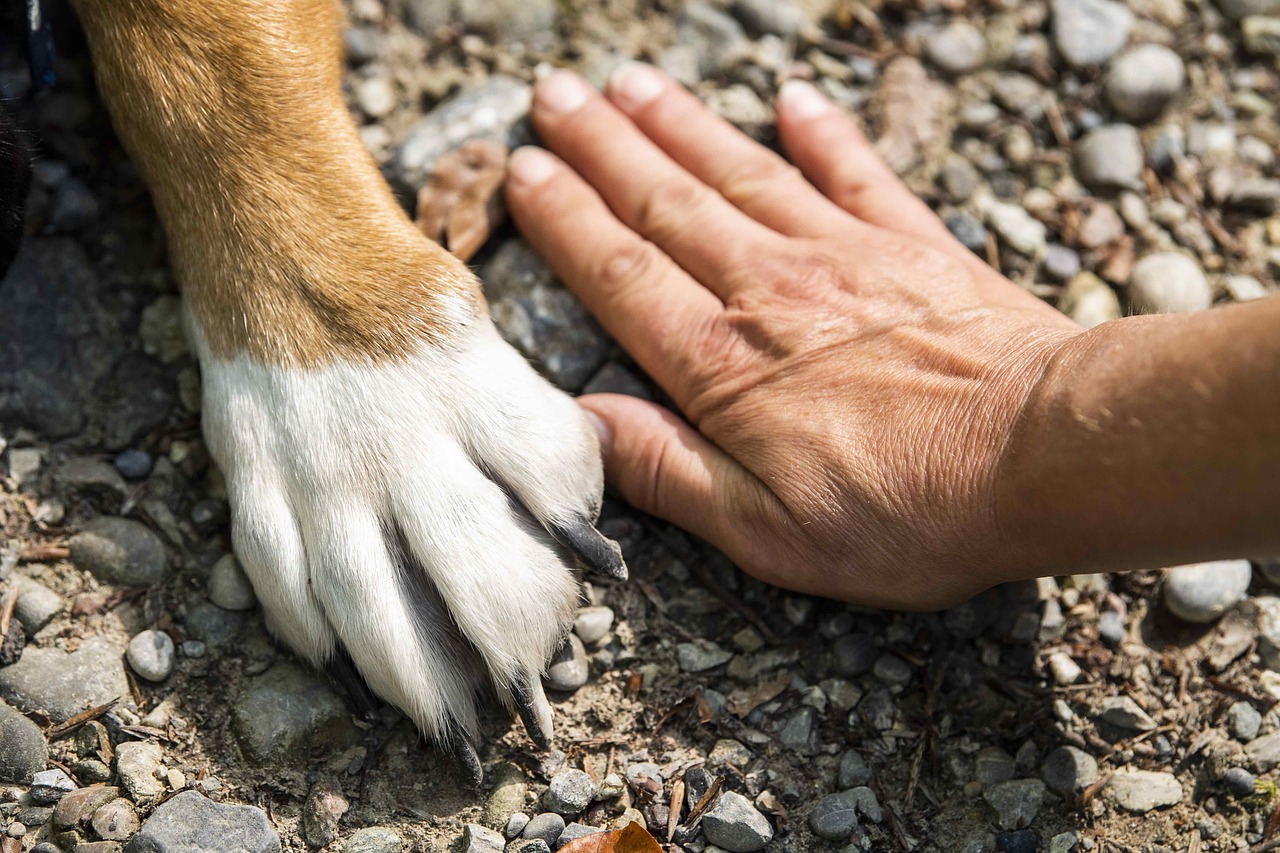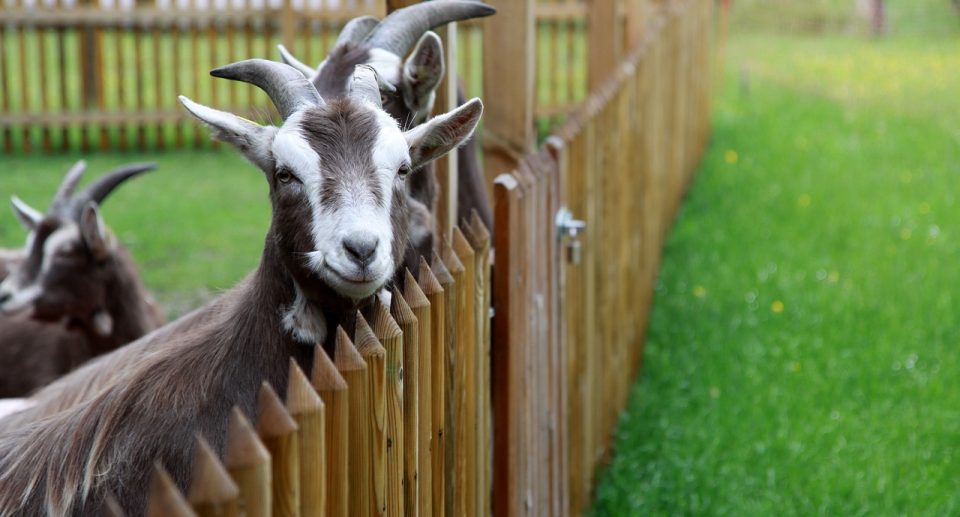The Role of Pets in Reducing Loneliness Among Seniors

Loneliness is a common experience for many seniors, particularly those who have lost loved ones, moved to new communities, or faced mobility challenges that limit social interactions. The companionship of pets can significantly alleviate feelings of loneliness and isolation. This article explores the profound impact pets can have on the emotional well-being of seniors, highlighting how they foster connections, provide comfort, and contribute to a healthier lifestyle.
Understanding Loneliness in Seniors

Causes of Loneliness
Loneliness in seniors can stem from various factors, including:
- Loss of Loved Ones: The passing of spouses, family members, or friends can leave significant emotional voids.
- Life Transitions: Moving to assisted living facilities or downsizing can lead to feelings of isolation.
- Health Issues: Physical limitations may prevent seniors from engaging in social activities, contributing to feelings of disconnection.
Emotional and Physical Effects
The effects of loneliness can be profound, impacting both mental and physical health. Research has shown that loneliness is linked to an increased risk of depression, anxiety, and cognitive decline. Additionally, socially isolated individuals may experience higher blood pressure, sleep disturbances, and weakened immune systems.
How Pets Help Reduce Loneliness
Unconditional Love and Companionship
Pets offer a unique kind of companionship that provides emotional support and unconditional love. The bond formed between seniors and their pets can fill the void left by lost relationships. Whether it’s a dog wagging its tail or a cat purring in your lap, these small gestures of affection can bring immense joy and comfort.
Encouraging Social Interaction
Pets can serve as a bridge to social interactions. Walking a dog can lead to conversations with neighbors or other dog owners, creating opportunities for socializing. Additionally, pet owners often share stories about their animals, fostering connections with others who share similar interests. This can lead to the development of friendships and a sense of community.
Providing Routine and Structure
Caring for a pet requires daily routines like feeding, grooming, and exercise. This structure can benefit seniors, offering a sense of purpose and responsibility. Establishing a daily routine centered around a pet can help combat feelings of aimlessness and encourage a more active lifestyle.
The Health Benefits of Pet Ownership

Mental Health Improvements
Research has consistently shown that pet ownership can improve mental health. The presence of a pet can reduce feelings of anxiety and depression, leading to improved overall well-being. Interacting with pets can release endorphins, which enhance mood and create a sense of happiness.
Physical Health Benefits
Pet ownership can also lead to physical health improvements. Studies have shown that dog owners tend to engage in more physical activity due to the need for regular walks and playtime. This increased activity can help maintain mobility, promote cardiovascular health, and support weight management. Additionally, the calming effects of pet companionship can help lower blood pressure and reduce stress levels.
Choosing the Right Pet for Seniors

Low-Maintenance Options
For seniors considering pet ownership, selecting the right animal is crucial. Low-maintenance pets, such as cats or smaller dog breeds, can provide companionship without demanding excessive time or energy. Cats are often independent, requiring less direct care than dogs, while smaller dog breeds can be easier to manage and exercise.
Considerations for Health and Lifestyle
When choosing a pet, seniors should consider their health, mobility, and living situation. For instance, those with mobility issues may prefer pets that do not require extensive exercise or outdoor time. Additionally, seniors living in apartments or assisted living facilities should check for pet policies before adopting.
Adoption Options
Many shelters and rescue organizations offer senior-friendly adoption programs that can help match seniors with suitable pets. These programs often consider seniors’ specific needs and lifestyles, providing opportunities to foster or adopt pets that are already trained and socialized.
Conclusion

Pets play a vital role in reducing loneliness among seniors, providing companionship, emotional support, and opportunities for social interaction. The bond formed with pets can help alleviate feelings of isolation, enhance mental health, and improve physical well-being. For seniors seeking to enrich their lives, adopting a pet can be a transformative decision that fosters connection, joy, and a renewed sense of purpose. By understanding the benefits of pet ownership and selecting the right animal, seniors can enjoy the countless rewards of having a furry companion by their side.




